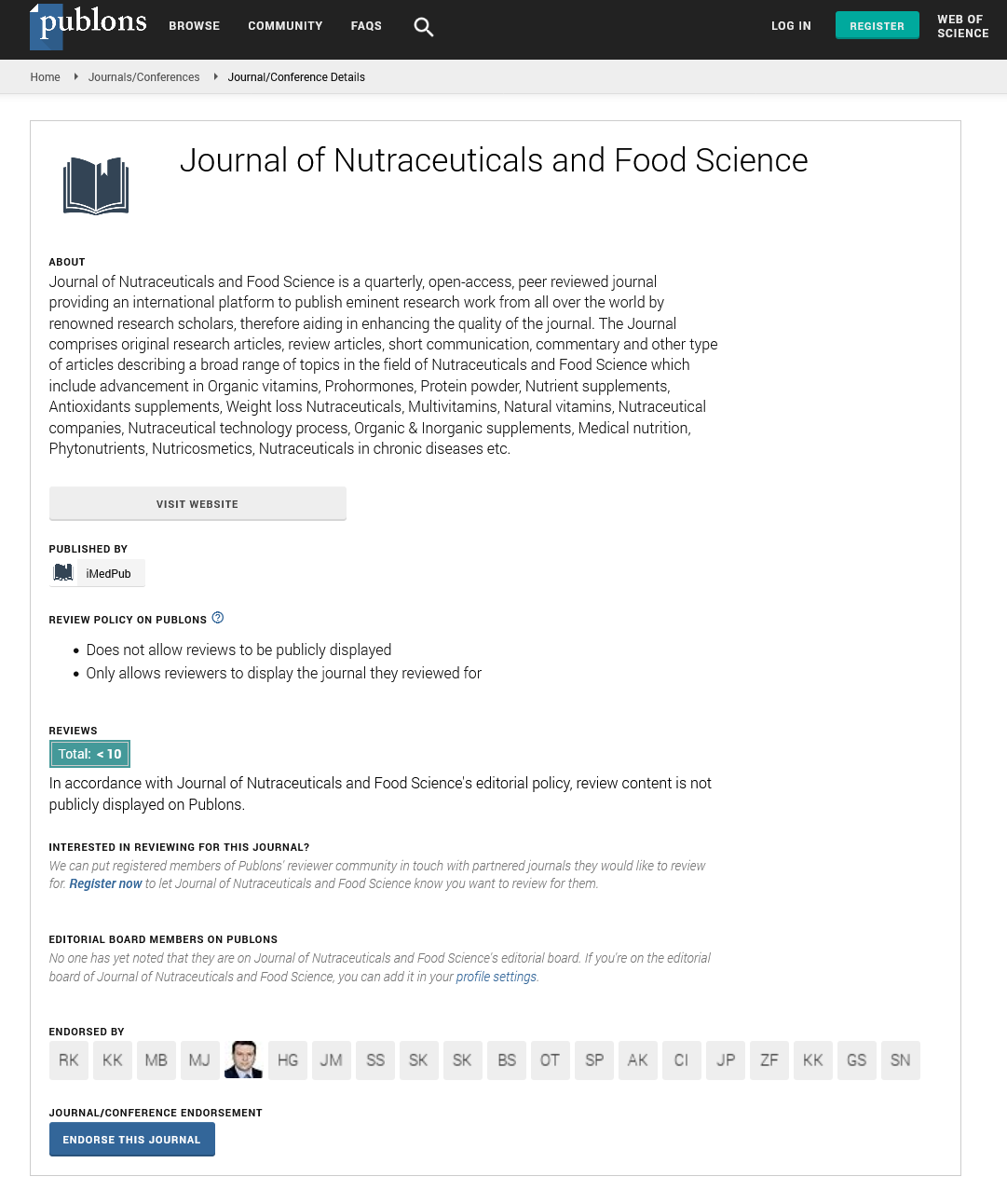Abstract
Improving sustainability in the table olive industry by transforming olive kernels into valuable food ingredients
This research project has been focused on improving the environmental performance of the table olive industry sector, by transforming the olive kernels into new forms of food ingredients with potential pharmacological and nutritional importance. Experimental results showed that the olive kernels can be suitably processed by mechanical removal of the kernel hull, separation and retrievement of the edible part of the kernel and freeze drying of the final product for removing the excess moisture content. The processed final product is characterized by pleasant organoleptic characteristics and a good shelf-life stability. Regarding the nutritional aspects of the processed by-product, experimental results showed significant values of multiple bioactive compounds, such as polyphenols (7670 tyrosol mg/kg), vitamin E (144 mg/kg), monosaturated fatty acids (41.41 g/100g), oleic acid (40.35 g/100 g), dietary fibre (16.4 g/100 g), plant proteins (15 g /100 g) and essential microelements (K, Ca, Mg, Zn). In conclusion, the results illustrate that the by-products of olive kernels should be reconsidered as a valuable food source with pharmacological, nutritional, environmental and financial importance.
Author(s): Agostina Galitsopoulou
Abstract | Full-Text | PDF
Share this

Google scholar citation report
Citations : 393
Journal of Nutraceuticals and Food Science received 393 citations as per google scholar report
Journal of Nutraceuticals and Food Science peer review process verified at publons
Abstracted/Indexed in
- Google Scholar
- Publons
- Secret Search Engine Labs
Open Access Journals
- Aquaculture & Veterinary Science
- Chemistry & Chemical Sciences
- Clinical Sciences
- Engineering
- General Science
- Genetics & Molecular Biology
- Health Care & Nursing
- Immunology & Microbiology
- Materials Science
- Mathematics & Physics
- Medical Sciences
- Neurology & Psychiatry
- Oncology & Cancer Science
- Pharmaceutical Sciences


